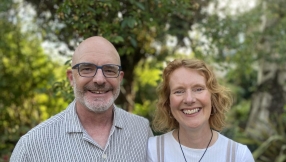
The Federal Communications Commission (FCC) has approved an experimental license for Alphabet, Inc. to implement its Project Loon in Puerto Rico to restore wireless service to the island following the massive destruction brought by Hurricane Maria.
The project will provide emergency cellular coverage to the U.S. territory, which would be vital in speeding up its recovery process. FCC chairman Ajit Pai stressed the importance of communication in the rebuilding and recovery of Puerto Rico.
"More than two weeks after Hurricane Maria struck, millions of Puerto Ricans are still without access to much-needed communications services," Pai said in a report from USA Today. "That's why we need to take innovative approaches to help restore connectivity on the island. Project Loon is one such approach."
This is also a big opportunity for Project Loon to present a business case for its unique communications model.
Loon balloons are designed to carry communications equipment at a height of 20 kilometers above the ground. Alphabet partners up with existing telecom services in order to beam up their signal, which will be relayed to a network of balloons and then to users on the ground. This will provide temporary cellular coverage without having to repair damaged ground based communication towers.
Another company making efforts to speed up the rehabilitation of the island's communication is Facebook. The social media giant has deployed a connectivity team to help put up emergency communications across the territory.
To add to that, cellular networks T-Mobile and AT&T have also set up portable communications sites of their own.
Puerto Rico is only one of the many islands devastated by a string of powerful Atlantic hurricanes that hit the Caribbean and Florida in recent months. Hurricane Maria, which struck the island in September, left approximately 80 percent of the territory's cellular towers out of service.













